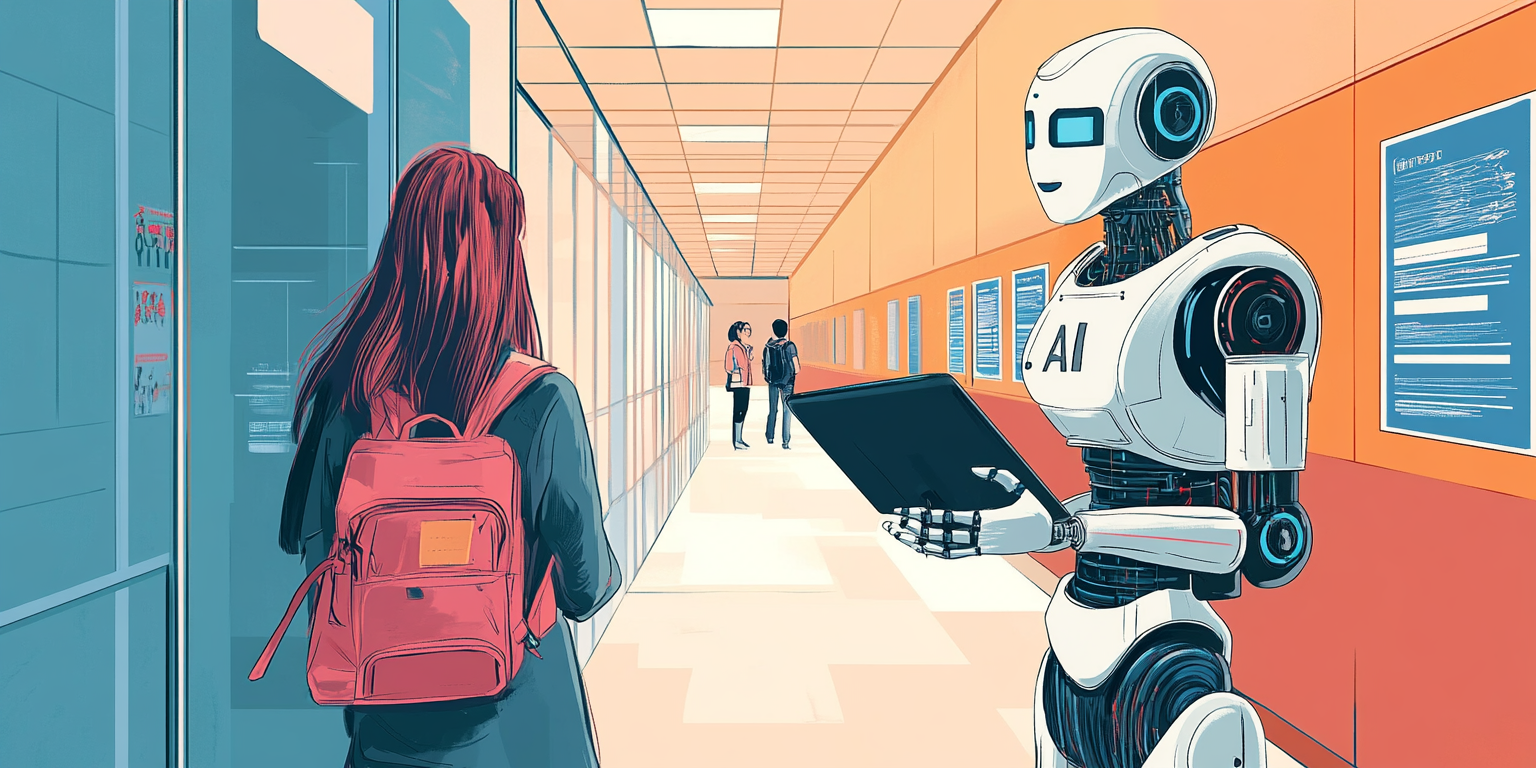There's nothing quite like the sinking feeling of staring at a blank document titled "Cover Letter." I'd been there countless times—cursor blinking accusingly, deadline approaching, and the same tired phrases floating through my mind.
"I am writing to express my interest in..."
"I believe my skills and experience make me an ideal candidate..."
"I am excited about the opportunity to..."
The Cover Letter Trap
For years, my approach to cover letters was painfully predictable. I maintained a template where I'd swap out the company name, job title, and maybe add a sentence about why I liked the company. The result? Generic letters that could have been written by anyone, for any position.
A hiring manager friend finally gave me the brutal truth over lunch one day.
"Your resume tells me what you've done. Your cover letter should tell me why it matters to ME and MY company. Most cover letters I see fail completely at this."
She explained that recruiters can spot a template-based cover letter within seconds—and it signals a lack of genuine interest in the specific role. Yet crafting truly personalized letters for dozens of applications seemed impossible.
The problems with my traditional approach:
- ❌ Hours spent rewriting essentially the same letter
- ❌ Difficulty articulating why my experience mattered for each specific role
- ❌ Generic language that failed to demonstrate company research
- ❌ Inability to strike the right tone for different company cultures
- ❌ Uncertainty about what aspects of my background to highlight
Failed Attempts at Improvement
I tried various approaches to break out of this rut:
- The template method: Creating multiple templates for different job types—still resulted in obvious form letters
- The research deep-dive: Spending hours researching each company—unsustainable for volume applications
- The "personality" approach: Trying to be memorable with quirky openings—often came across as unprofessional
- Hiring a professional writer: Expensive and still not tailored enough to each position
"I found myself choosing between quantity and quality—either apply to fewer jobs with better letters or more jobs with generic ones. Neither strategy was working."
The worst part was knowing that these letters weren't representing me well. I genuinely WAS excited about these positions and DID have relevant experience, but my cover letters read like they were written by a bored robot.
The U2xAI Revelation
A career coach recommended U2xAI during one of our sessions. Initially skeptical (another tool to try?), I decided to give it a shot when applying for a Data Analyst position I was particularly excited about.
I uploaded the job description and simply asked:
"U2xAI, help me write a personalized cover letter specifically highlighting why I'm a great fit for this Data Analyst job."
What happened next changed my entire approach to job applications.
What made U2xAI different:
- It analyzed the specific language and priorities in the job description
- It identified which parts of my experience were most relevant to THIS role
- It suggested company-specific talking points that showed I'd done my homework
- It crafted opening lines that addressed the company's current challenges
- It maintained my voice while elevating my messaging
The Transformation
The cover letter U2xAI helped me create was unlike anything I'd written before. It opened by addressing a specific data challenge the company had mentioned in a recent press release. It connected my past experience directly to their tech stack and industry. It even suggested highlighting a relevant project I'd completed that perfectly matched their needs—something I might have buried in a generic letter.
"Within minutes, I had a first draft that sounded like me on my best day—articulate, informed, and genuinely enthusiastic."
The most remarkable part was how efficient the process became. What used to take me 2+ hours now took 20 minutes of collaboration with U2xAI. And the results spoke for themselves:
Before U2xAI:
- 25+ cover letters sent with traditional approach
- 3 responses (12% response rate)
- Feedback that I seemed "qualified but not particularly passionate"
After U2xAI:
- First application with U2xAI-assisted cover letter led to an interview
- 40% response rate on subsequent applications
- Multiple interviewers specifically mentioned being impressed by my cover letter
Beyond Just Getting Interviews
The unexpected benefit was how these personalized cover letters actually prepared me better for interviews. By thinking deeply about why I was a great fit for each specific role, I walked into conversations with recruiters already having articulated my value proposition.
One hiring manager even told me:
"Your cover letter was so specific to our needs that I felt like you already understood the role better than most candidates do after the first interview."
The Human Touch Remains Essential
What I appreciate most about U2xAI is that it doesn't write the letter for me—it collaborates with me. I still need to provide my experience, verify the facts, and inject my personal style. The tool simply helps me frame my story in the most compelling way for each specific opportunity.
The perfect balance:
- U2xAI provides structure and insights about what matters for this specific role
- I provide the authentic experiences and personal touch
- Together, we create something neither could achieve alone
Cover letters have transformed from my most dreaded task to an opportunity to really connect my experience to each role. Instead of generic documents that could apply to anyone, anywhere, they've become powerful, personalized arguments for why I'm the right person for THIS specific job.
And that, it turns out, is exactly what a cover letter should be.











